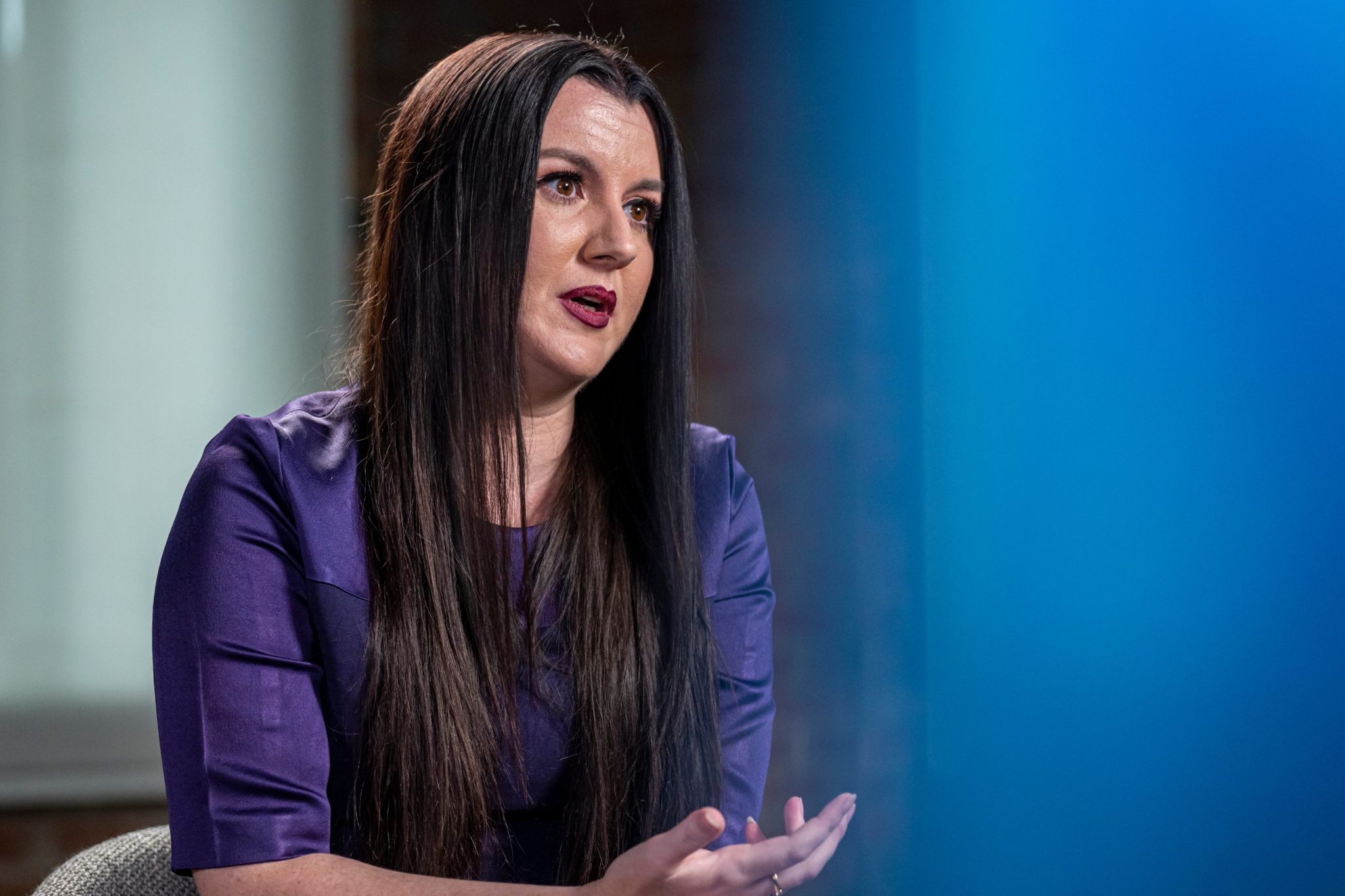
While it isn’t particularly unusual for a foreign national to head a major company in another country, what is surprising is the number of French C-suite players outside of French borders.
Le Monde recently highlighted that a disproportionate number of French national CEOs lead companies outside their home country, more than in any other European country.
Whether it’s Marguerite Bérard at ABN Amro, Ariane Gorin at Expedia, Christophe Fouquet at ASML, or Fidji Simo at Instacart, there are many major French players at a very high level. Laurent Freixe at Nestlé would have been on this list too before being recently ousted for having concealed an affair with a more junior colleague.
In fact, French nationals head about 30 major foreign companies with a total valuation of $2 trillion, comparable to the entire market cap of France’s CAC 40 index, according to Le Monde.
So, what’s the secret to French success overseas?
Well, it starts early. Napoleon laid the foundation for the French school system, creating secondary schools that could produce a political class capable of effectively running the military and the country, as well as a middle class that wouldn’t want to cause another revolution. Many functioned in a regimented manner, similar to military schools.
Today, the French school system still separates the elite, continuously encouraging children—even at an elementary level—to consider how their grades today will help them secure the finest jobs after attending the best higher education institutions.
These are the grandes écoles, where admission is fierce, and follow two years of intensive training in classes préparatoires, which are akin to university. The grandes écoles include elite business schools, such as École Polytechnique, HEC Paris, Institut d’Études Politiques de Paris, ESSEC, and Sciences Po, whose graduates have a reputation for strong business acumen, strategy, and analytical skills. And it is these skills that the business world highly values, wherever they may be located. Strong English skills are expected.
Many of these graduates become French politicians or part of the French elite, effectively creating a management class in every part of French society. In 1980, an American study revealed that 80% of the top executives in the most prominent French companies came from just five grandes écoles.
Some of these French executives relocate overseas through a posting with a French firm and then transition to a different company; some of these CEOs have been outside of France for decades.
Matthieu Courtecuisse, founder of consulting firm Sia Partners, told Le Monde that he believes it’s part of a brain drain. U.S. companies are filled with French PhD holders at all levels, many working in U.S. biology or artificial intelligence organizations, which he sees as a symptom of France’s de-industrialization.
Others might say that non-French companies are attractive to French executives because the French working world can be notoriously rigid. Strict hierarchical structures and highly bureaucratic labor laws discourage risk-taking.
In addition, French employers expect candidates to possess specific qualifications and experience. However, work cultures differ, and companies outside of France can allow for more flexibility.
An interesting conundrum arises from the fact that it may be the very nature of elite schools and a rigid corporate culture that encourages some French leaders to move away.
#lead #French #French #nationals #lead #major #companies #overseas